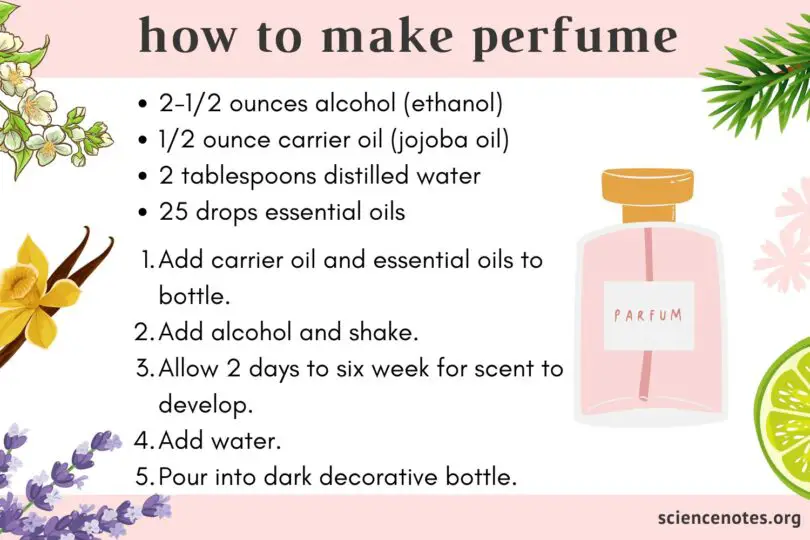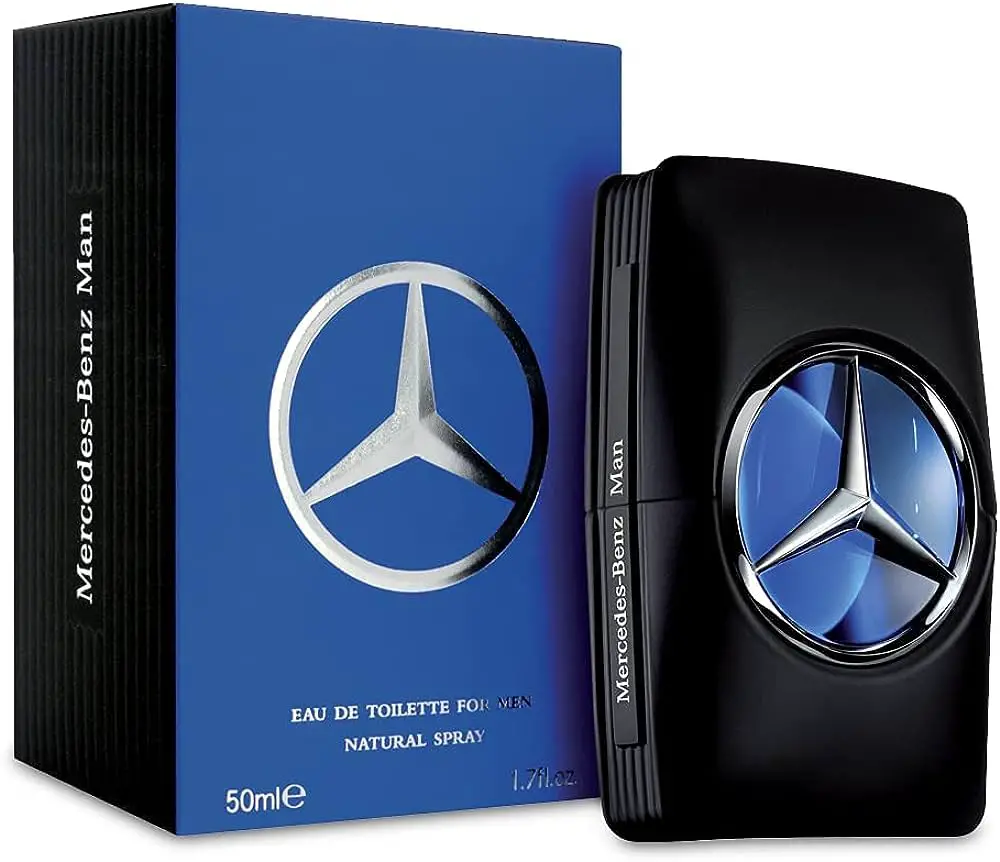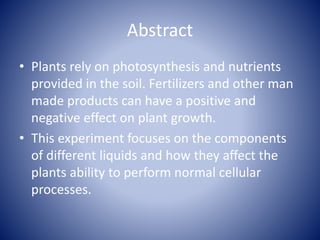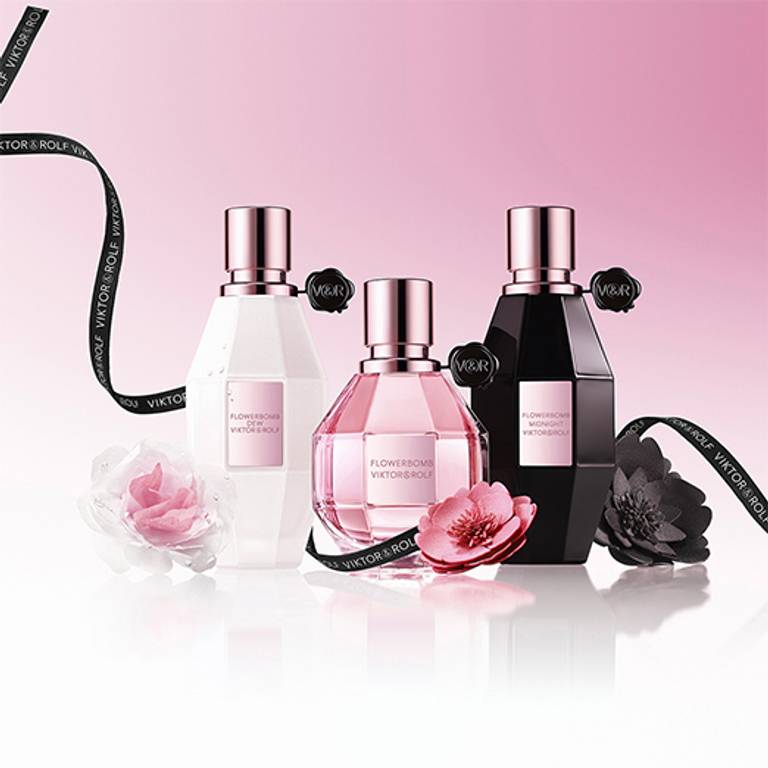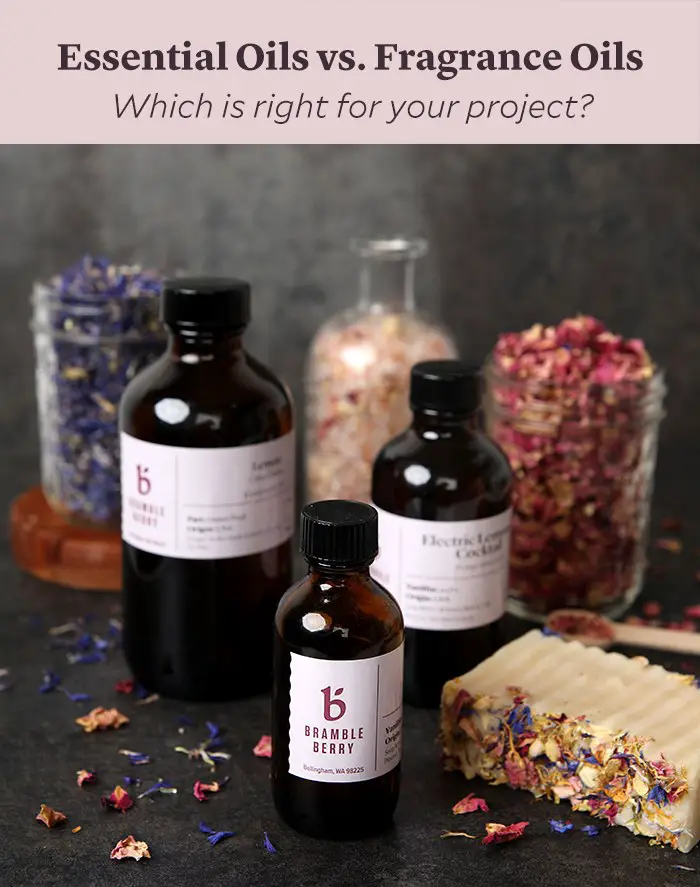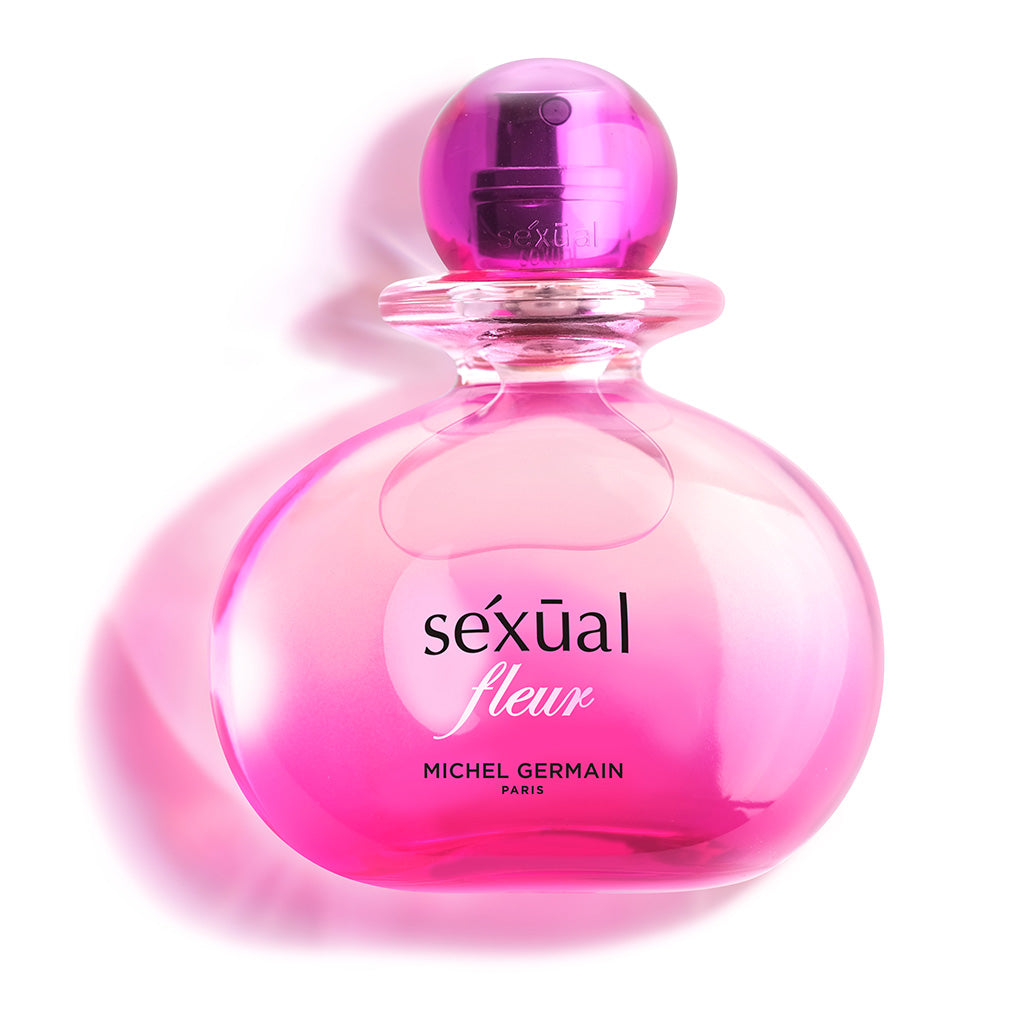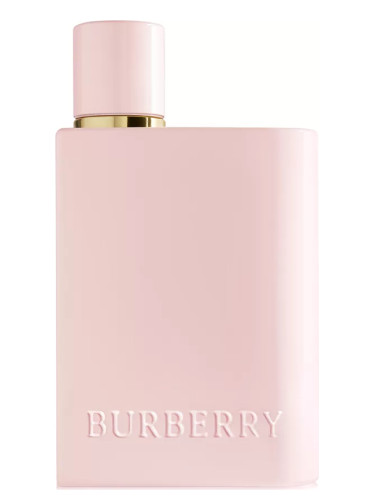Essential oils have been used for thousands of years, not just for their therapeutic properties but also for their delightful scents. Today, many are turning to essential oils as a natural alternative to synthetic fragrances found in traditional perfumes. In this comprehensive guide, we’ll explore the enchanting world of essential oils and how you can harness their aroma to create your own signature scent.
Benefits of Essential Oils Over Conventional Perfumes
Unlike commercial perfumes that contain a blend of synthetic ingredients, essential oils offer a range of benefits:
- Natural composition: Essential oils are derived from plants, making them a pure and organic choice.
- Therapeutic properties: Many essential oils provide therapeutic benefits, including stress relief, improved focus, and mood enhancement.
- Customizable scents: You have the freedom to mix and match oils to create a unique fragrance that reflects your personality and mood.
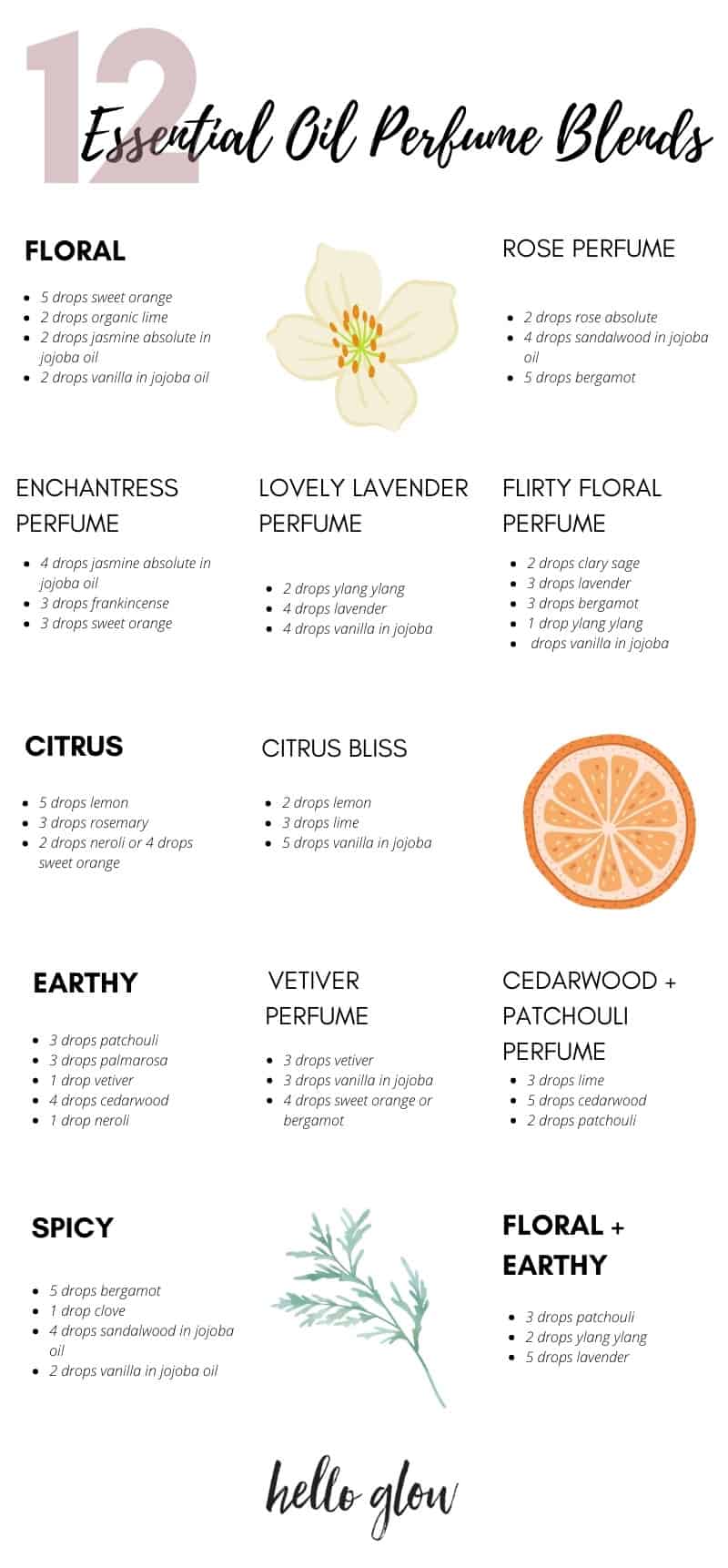
Credit: helloglow.co
How To Use Essential Oils As Perfume
Creating your own essential oil perfume is a delightful and simple process. Follow these steps to begin your journey:
- Select your base, middle, and top notes: Perfumes are typically composed of three-note structures. Base notes (lasting scent), middle notes (heart of the perfume), and top notes (first impression).
- Dilute with a carrier oil: Direct application of essential oils can irritate the skin, so it’s important to dilute them with a carrier oil like jojoba or sweet almond oil.
- Combine and blend: Mix your selected essential oils with the carrier in a glass bottle and shake well to combine.
- Let it mature: For the best fragrance, let your perfume blend sit for a few days to a few weeks to allow the scents to meld.
- Apply sparingly: Dab a small amount on your pulse points, such as the wrists and neck, to enjoy your custom scent throughout the day.
Essential Oil Blending Chart
Refer to this chart for a quick guide on blending essential oils for your personal perfume:
| Note Type | Examples | Characteristics |
|---|---|---|
| Top Notes | Lemon, Orange, Bergamot | Light, fresh, and uplifting |
| Middle Notes | Lavender, Rosemary, Geranium | Soft, rounding, and harmonizing |
| Base Notes | Patchouli, Cedarwood, Vanilla | Deep, rich, and long-lasting |
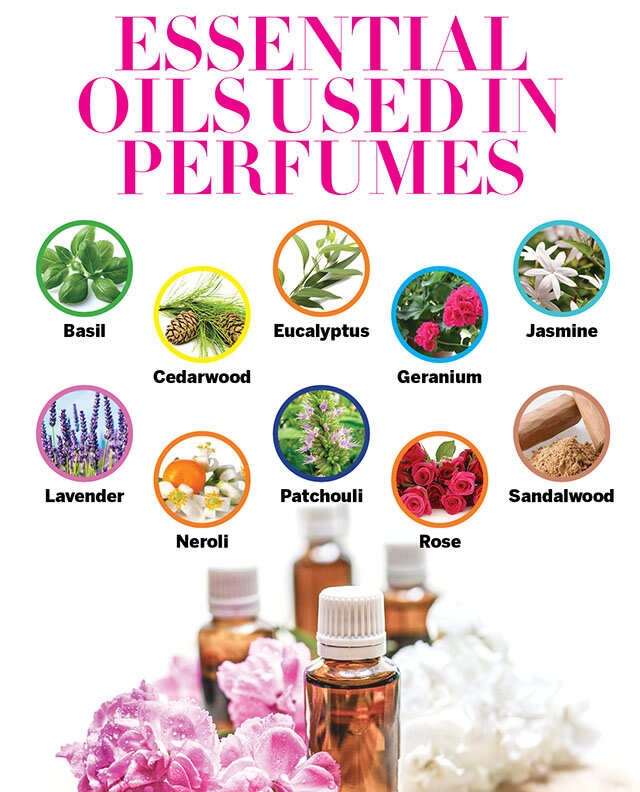
Credit: www.femina.in
Safety Tips and Considerations
While essential oils offer a delightful natural perfume option, there are important safety tips to consider:
- Allergic reactions: Always perform a patch test before using a new oil to ensure you don’t have an allergic reaction.
- Photosensitivity: Some essential oils, especially citrus oils, can cause photosensitivity, making the skin more prone to sunburn.
- Pregnancy and health conditions: Consult with a healthcare provider before using essential oils if you are pregnant or have existing health conditions.
Frequently Asked Questions
Are Essential Oils Good As Perfumes?
Essential oils can be excellent natural alternatives to synthetic perfumes, offering a wide array of fragrances that are derived from plants.
How To Apply Essential Oils As Perfume?
Apply essential oils to pulse points like wrists, neck, and behind ears; use a carrier oil to dilute and prevent skin irritation.
Can Essential Oils Cause Skin Irritation?
Some essential oils can irritate the skin, especially if applied undiluted. It’s important to do a patch test before widespread use.
Which Essential Oils Are Best For Fragrance?
Popular essential oils for fragrance include lavender, rose, jasmine, sandalwood, and ylang-ylang because of their pleasant and long-lasting scents.

